However, as the amount of music on the Internet rose, so did the amount of people who share and download music illegally. Although illegal file-sharing had been around since the 1970s, the Internet made sharing music for free much easier and more accessible. According to the Recording Industry Accociation of America, illegal downloads were 63 percent of total downloads in 2009, and the number continues to rise.
Senior Avery Laluk claims that 95 percent of his music was downloaded illegally.
“I don’t think it’s wrong,” Laluk said. “The main argument is that you’re stealing from the artists, but the artists are still profiting… because they sell it to the recording studio who then sells it to iTunes. The artists don’t benefit as much as the studio does [from download sales].”
Laluk was caught with various illegal downloads two years ago. He was given a warning, which meant that his cable company took down his Internet and made him delete all of the downloaded content. Consequences for illegally downloading material can mean fines up to $250,000 and up to five years of jail time.
One concern with piracy is the money the artists receive. While those who are against piracy say that illegal downloading takes away money from the artists, people who don’t have a problem with it try to justify their actions by claiming that the artists don’t receive as much of the money as the recording company does. Music artists typically receive around 15 percent of their music sales.
“Artists make money from concerts and CDs,” Laluk said. “Not iTunes.”
A freshman who prefers to remain anonymous downloads music illegally because the student believes that music online shouldn’t cost anything.
“I think that people shouldn’t be required to pay, but have the option to donate money,” the student said. “In a concert you’re paying for the performance, and with CDs you’re paying for the format. Downloading, you just want to be able to listen to music.”
However, some people share different views.
“[Illegal downloading] is basically like stealing,” sophomore Margo Wieschhaus said. “When you download illegally, everyone who has worked to get that song on the market isn’t getting paid for it.”
Wieschhaus buys all her music legally through iTunes.
“I download legally because I never have to worry about getting caught, since I’m not doing anything wrong,” Wieschhaus said.
Although organizations like the RIAA have been trying to crack down on illegal downloading, it is difficult to catch as it is done on such a large scale, and it doesn’t seem to show any signs of going away. Some people hope that this will lead to illegal downloading becoming legal, but it doesn’t seem likely.


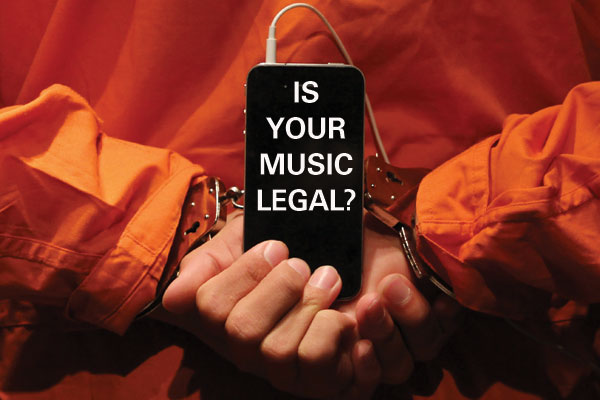

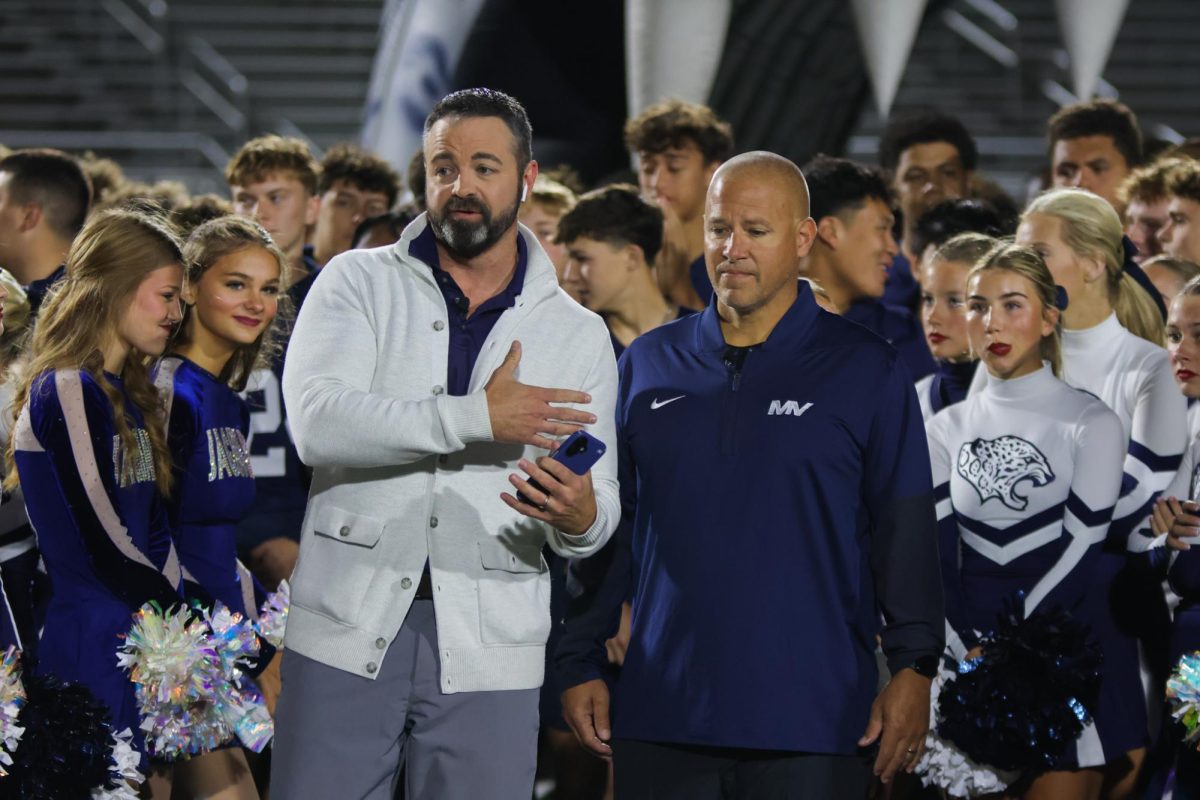


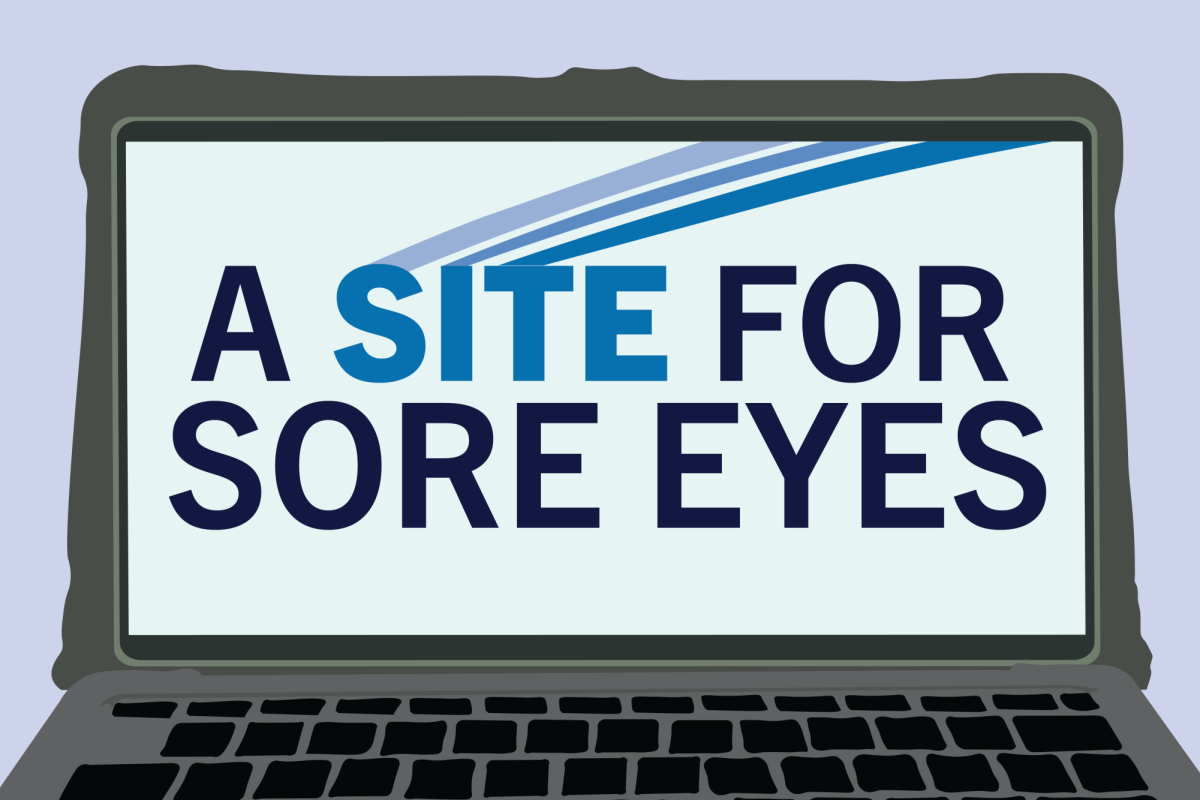


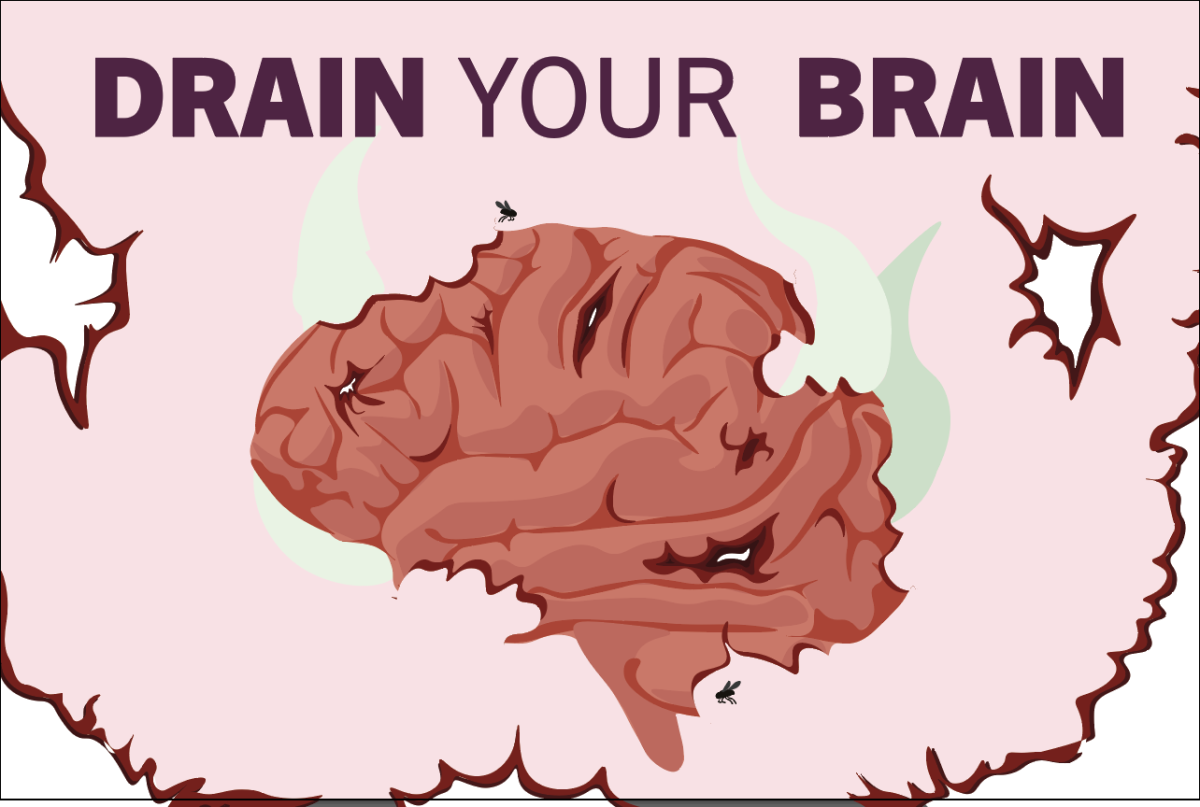

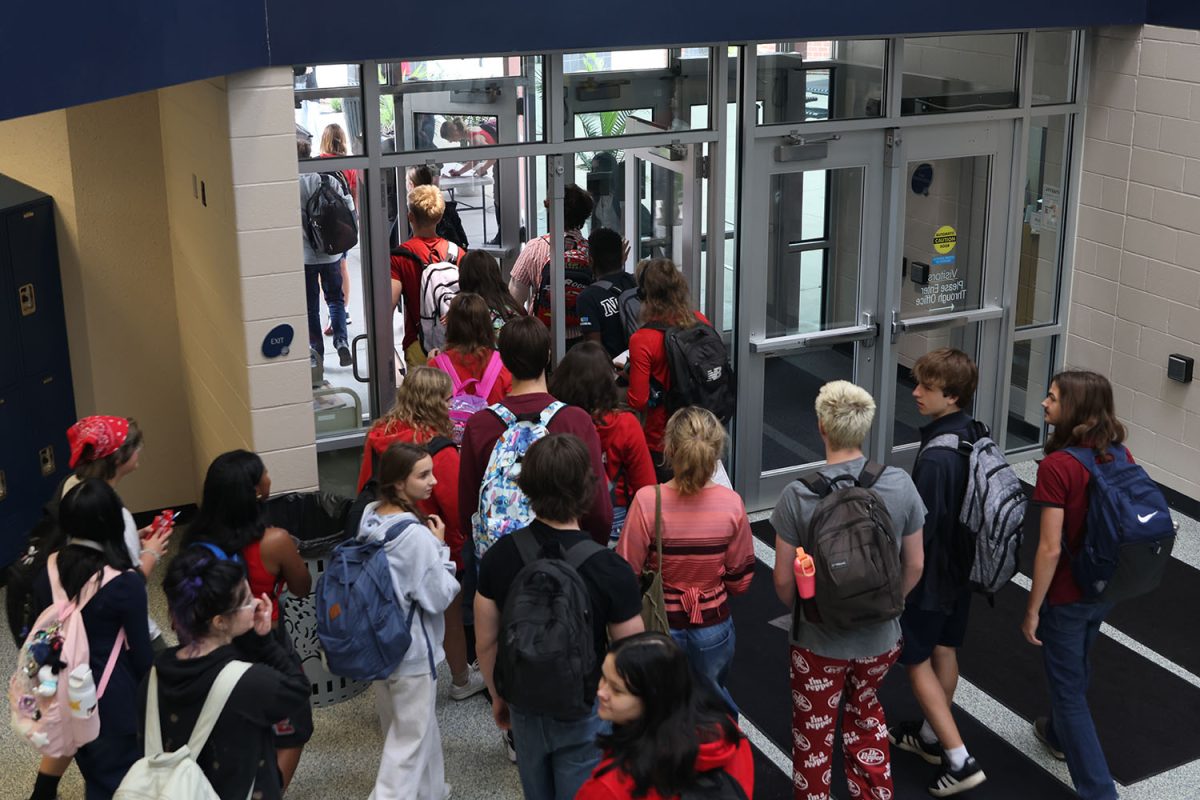


Rachel Mills • Sep 26, 2012 at 11:33 pm
Congrats on the first issue! This is a very popular topic that I haven’t seen done before – KUDOS!